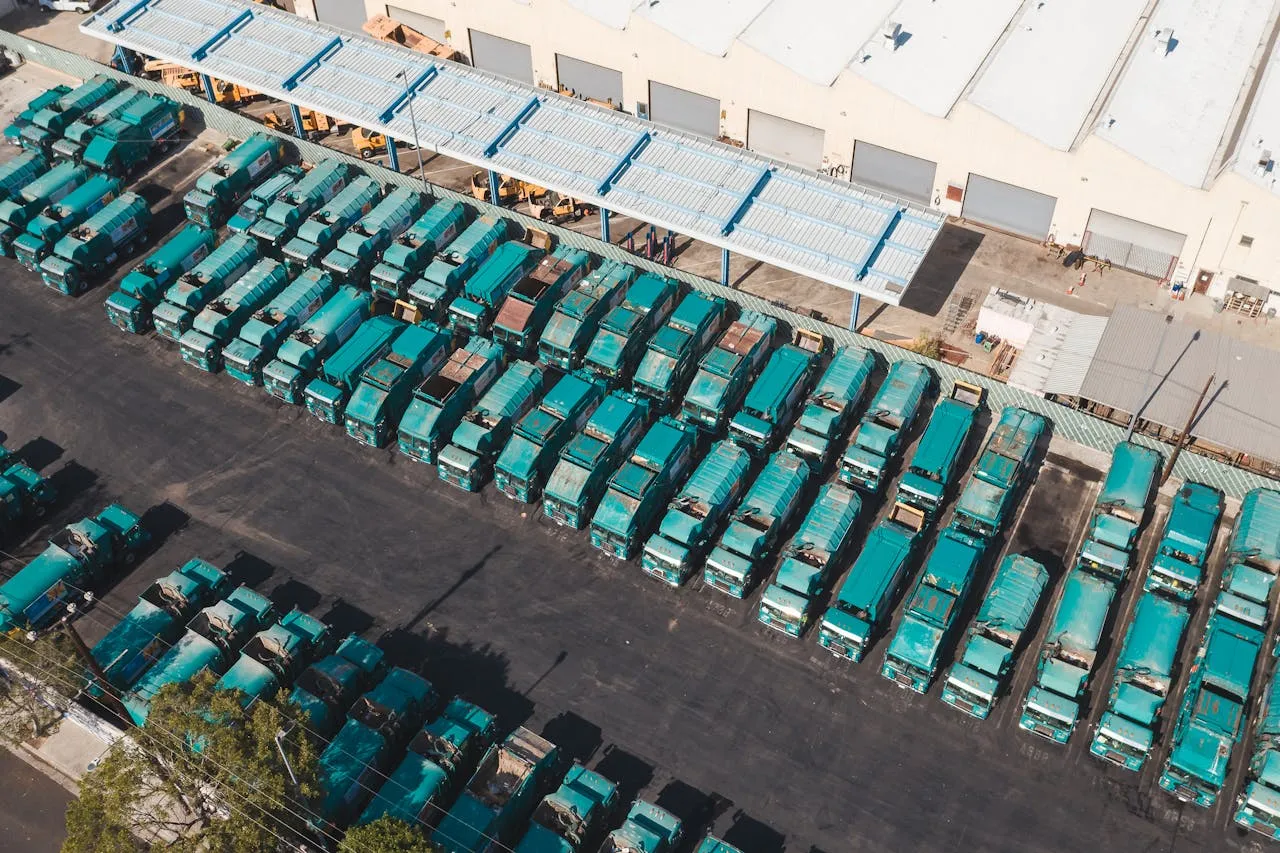
Logistics service provider Simon Loos has strengthened its commitment to electric mobility by placing an order for 75 eActros 600 trucks from Mercedes-Benz Trucks. This move expands the company’s electric fleet, now totaling 135 vehicles, most of which are Mercedes-Benz models. The order, finalized at the IAA Transportation event in Hanover, is one of the largest for electric trucks that Mercedes-Benz Trucks has received to date.
Earlier this year, Simon Loos became the first company outside of Germany to test the eActros 600 in real-world conditions. With specialized training provided to three professional drivers by Mercedes-Benz Trucks engineers, the near-series prototype covered 25,000 kilometers in a few months. The truck demonstrated its reliability and efficiency while transporting goods between suppliers and the distribution centers of Albert Heijn, the Netherlands’ largest supermarket chain. The tests confirmed the vehicle’s suitability in areas like driving comfort, safety, energy consumption, and range.
Tjeerd Tromp, Head of Sales at Daimler Truck Nederland, expressed pride in the long-standing collaboration between Simon Loos and Daimler Truck Nederland: “For decades, we have had a genuine partnership. Simon Loos has played a key role in optimizing the eActros 600, which will soon go into mass production, through real-world testing. This significant order not only highlights their trust in our product but also demonstrates that electric trucks are fully capable of handling daily logistics needs.”
Wim Roks, Fleet Manager at Simon Loos, also shared his excitement about the new vehicles: “The eActros 600 is a game changer for us. Where we previously planned for 250 to 300 kilometers per trip with electric vehicles, we can now cover up to 500 kilometers. This eliminates a key planning challenge for our operations and marks a major leap in our integration of electric mobility.”
The first of these eActros 600 trucks, branded in Simon Loos’ distinctive design, is expected to hit the road in early 2025. The majority of the trucks will be used to supply retail companies, with charging facilities set up at the customers’ locations.




